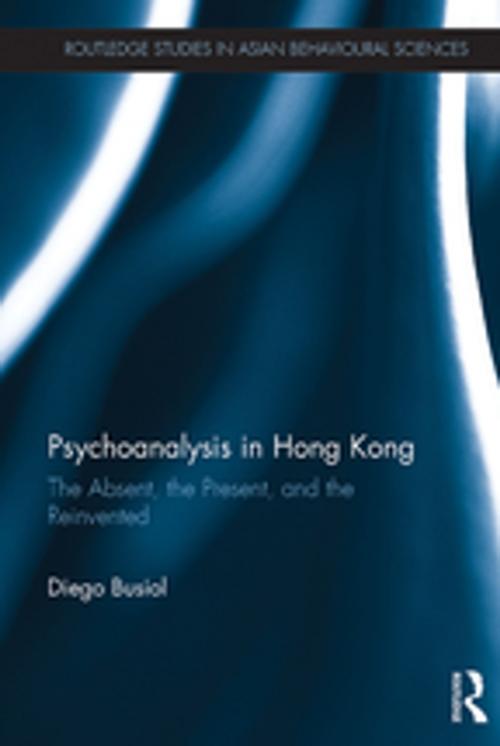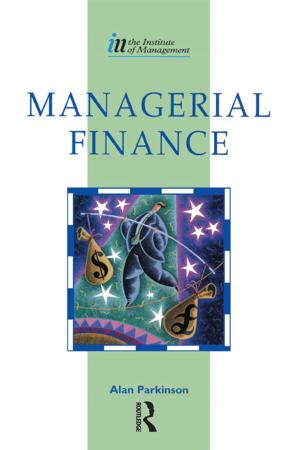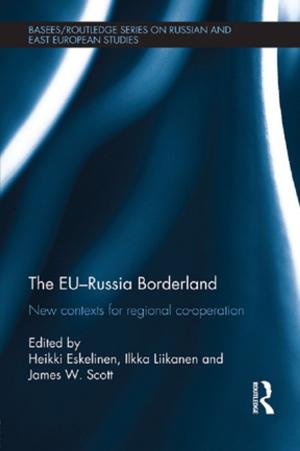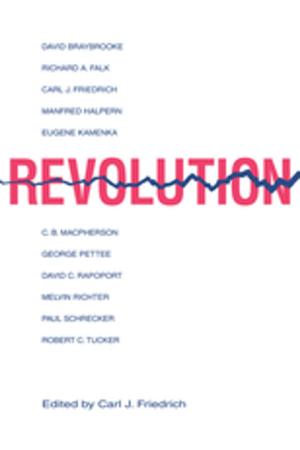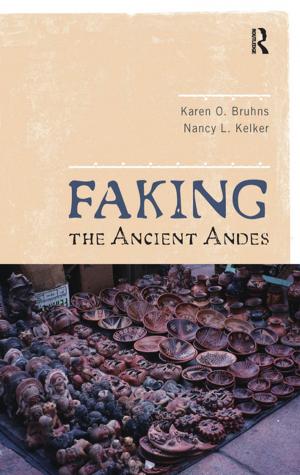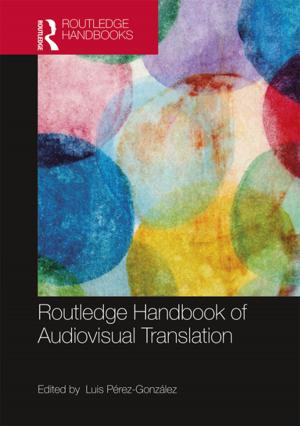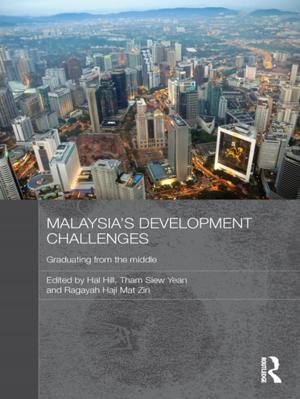Psychoanalysis in Hong Kong
The Absent, the Present, and the Reinvented
Nonfiction, Health & Well Being, Psychology, Psychoanalysis, Counselling, Applied Psychology| Author: | Diego Busiol | ISBN: | 9781317437826 |
| Publisher: | Taylor and Francis | Publication: | October 4, 2016 |
| Imprint: | Routledge | Language: | English |
| Author: | Diego Busiol |
| ISBN: | 9781317437826 |
| Publisher: | Taylor and Francis |
| Publication: | October 4, 2016 |
| Imprint: | Routledge |
| Language: | English |
How is it possible that a phenomenon like psychoanalysis, which has dominated the cultural and intellectual life of the last century in Europe, North and South America, has seemingly had little-to-no resonance in Hong Kong? This book attempts to explain this phenomenon. Addressing the subject from an East to West approach, this book proposes an experience of displacement, as it is argued that the opportunity for psychoanalysis today is not just to be exported to the East, but rather to be re-invented after an encounter with a radically different culture. This encounter allows the Western practitioner to question their experience and highlights the assumptions of Western thought and knowledge. Following this, what remains of psychoanalysis as we know it? How can psychoanalysis be re-thought and re-formed today in a format independent of different theoretical orientations and schools?
The book addresses key issues such as:
- Is there psychoanalysis in Hong Kong?
- How does one do research on psychoanalysis in Hong Kong?
- Why was the Freudian Unconscious not discovered in China?
- How can we describe the core of psychoanalysis and how can this description be understood in different cultural contexts?
- Can psychoanalytic research be led by adopting a quantitative or statistical methodology?
Founded on the belief that psychoanalysis should be re-invented in light of its encounter with non-Western cultures, this book highlights an opportunity to undertake this as an intellectual, cultural and artistic challenge. It will enrich researchers’ and students’ understanding of psychoanalysis and inform broader views of psychoanalysis in non-Western contexts. Practicing psychoanalysts, students of psychoanalysis and those seeking to understand psychanalysis in different cultural contexts will be particularly interested readers.
** **
How is it possible that a phenomenon like psychoanalysis, which has dominated the cultural and intellectual life of the last century in Europe, North and South America, has seemingly had little-to-no resonance in Hong Kong? This book attempts to explain this phenomenon. Addressing the subject from an East to West approach, this book proposes an experience of displacement, as it is argued that the opportunity for psychoanalysis today is not just to be exported to the East, but rather to be re-invented after an encounter with a radically different culture. This encounter allows the Western practitioner to question their experience and highlights the assumptions of Western thought and knowledge. Following this, what remains of psychoanalysis as we know it? How can psychoanalysis be re-thought and re-formed today in a format independent of different theoretical orientations and schools?
The book addresses key issues such as:
- Is there psychoanalysis in Hong Kong?
- How does one do research on psychoanalysis in Hong Kong?
- Why was the Freudian Unconscious not discovered in China?
- How can we describe the core of psychoanalysis and how can this description be understood in different cultural contexts?
- Can psychoanalytic research be led by adopting a quantitative or statistical methodology?
Founded on the belief that psychoanalysis should be re-invented in light of its encounter with non-Western cultures, this book highlights an opportunity to undertake this as an intellectual, cultural and artistic challenge. It will enrich researchers’ and students’ understanding of psychoanalysis and inform broader views of psychoanalysis in non-Western contexts. Practicing psychoanalysts, students of psychoanalysis and those seeking to understand psychanalysis in different cultural contexts will be particularly interested readers.
** **
